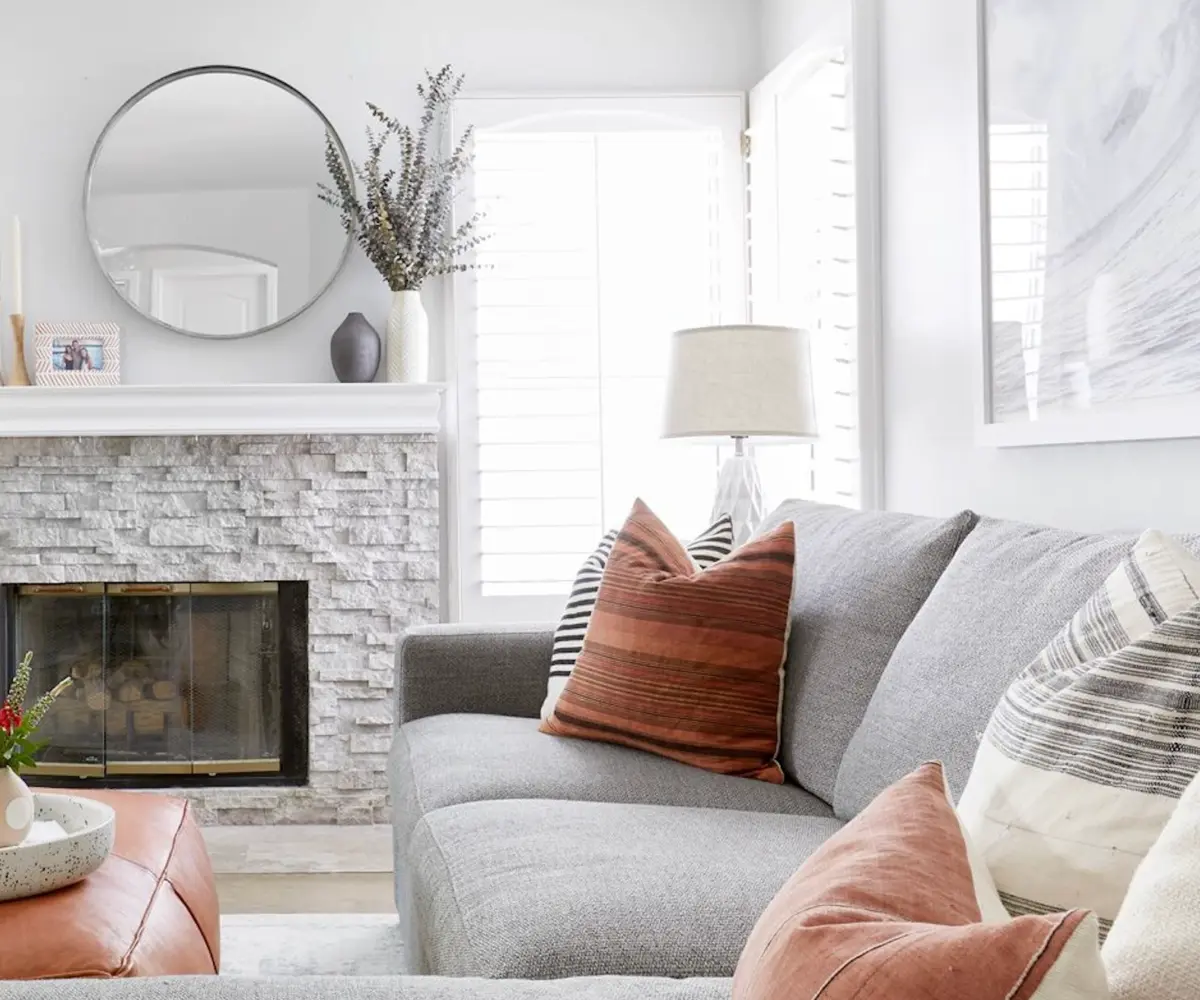Decluttering Your Space and Mind

Have you ever found yourself surrounded by piles of old clothes, forgotten gadgets, or dust-coated souvenirs as you sift through your stuff? You’re not alone. Decluttering can be a daunting task, especially when emotions are tied to the items that have been collected over the years. However, learning the art of letting go is not just about saying hello to physical space — it’s also about freeing up mental space. In this post, we’ll explore how to determine when it’s time to say goodbye to those once-cherished belongings and how decluttering can lead to a more organized and peaceful life.
Before diving into those boxes, it’s important to prepare yourself mentally for the journey ahead. Ask yourself why you’re holding onto certain items. Is it out of necessity, nostalgia, or habit? Sentimental attachment is natural but distinguishing between meaningful memories and clutter is crucial. For instance, that sweater your grandmother knitted for you may hold true sentimental value while the collection of old broken airpods or out-of-style purses might just be taking up space without any real purpose.
Once you’ve identified what truly matters, consider setting some realistic goals for your decluttering project. Start small — perhaps with a single closet or corner of your garage — and set aside dedicated time each week for sorting through your belongings. When evaluating whether to keep an item, apply practical questions such as: Do I use this regularly? Does it serve a functional purpose in my current life? If not, it’s likely time to let it go. This strategic approach helps prevent overwhelm and keeps motivation high as you witness tangible progress.
Another critical aspect of decluttering is understanding what has become obsolete in today’s context — even if they were once valued possessions. Tech evolves rapidly; those DVDs from college days might have been replaced by digital formats easily accessible online. Similarly, children’s toys from long ago may hold fond memories but could be passed on to another child who would cherish them rather than collecting dust in storage.
It’s also worth addressing items kept ‘just in case.’ These are things we hold onto out of fear that we might need them someday — a mindset that can lead to unnecessary clutter accumulation over time. Instead of keeping everything ‘just in case,’ focus on versatility and versatility within your household items. Trust that if an unexpected situation comes up where you need something specific again, you’ll find a resourceful solution without the need to stockpile.
Finally, remember that decluttering doesn’t mean discarding everything haphazardly — there are ethical ways to part with possessions no longer serving their purpose in our lives responsibly! Think about donating gently used clothes or household items to local charities, where they can go to families who really need them. And when getting rid of old electronics, be sure to recycle them properly to help protect the environment — even during a big cleanup!
Decluttering isn’t just about getting rid of stuff — it’s about making thoughtful choices based on what you need now while appreciating the memories tied to each item. By embracing a form of minimalism that works for your unique lifestyle (instead of following rigid, one-size-fits-all rules), you can create more clarity in both your space and your mind. This makes room for a brighter, simpler future, free from the unnecessary weight of things you no longer need.